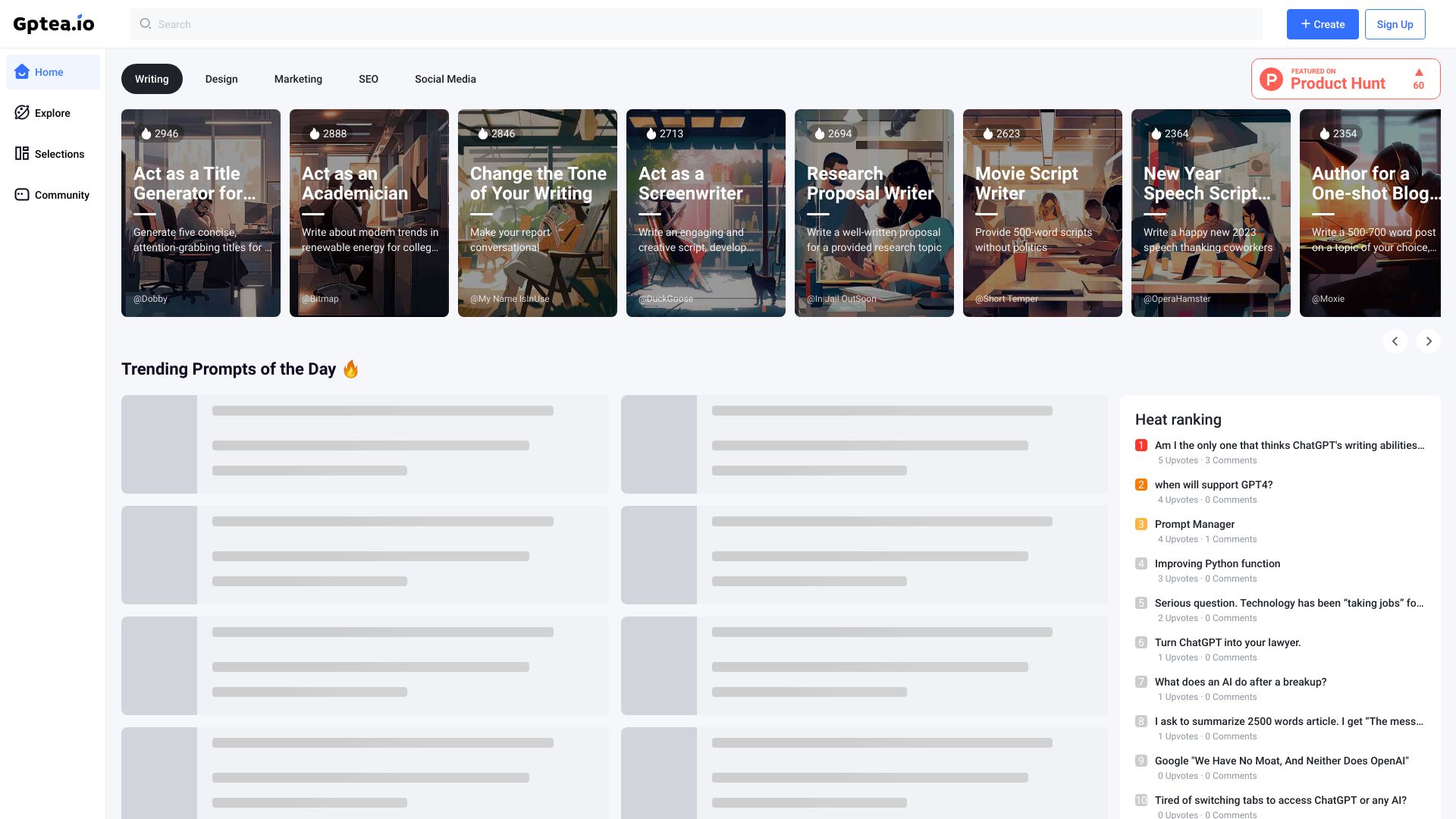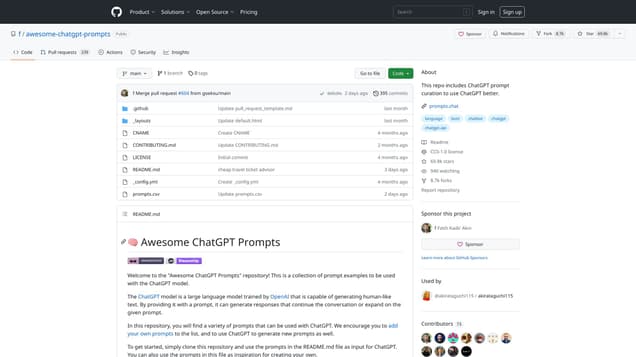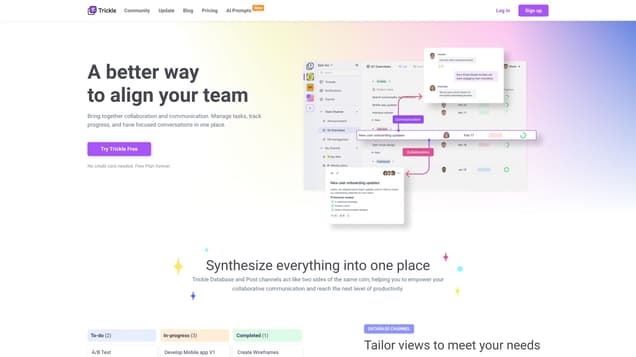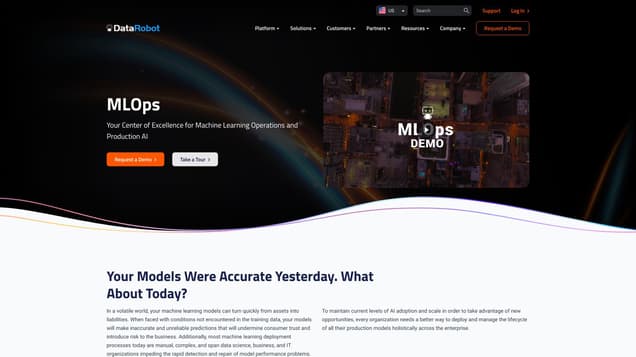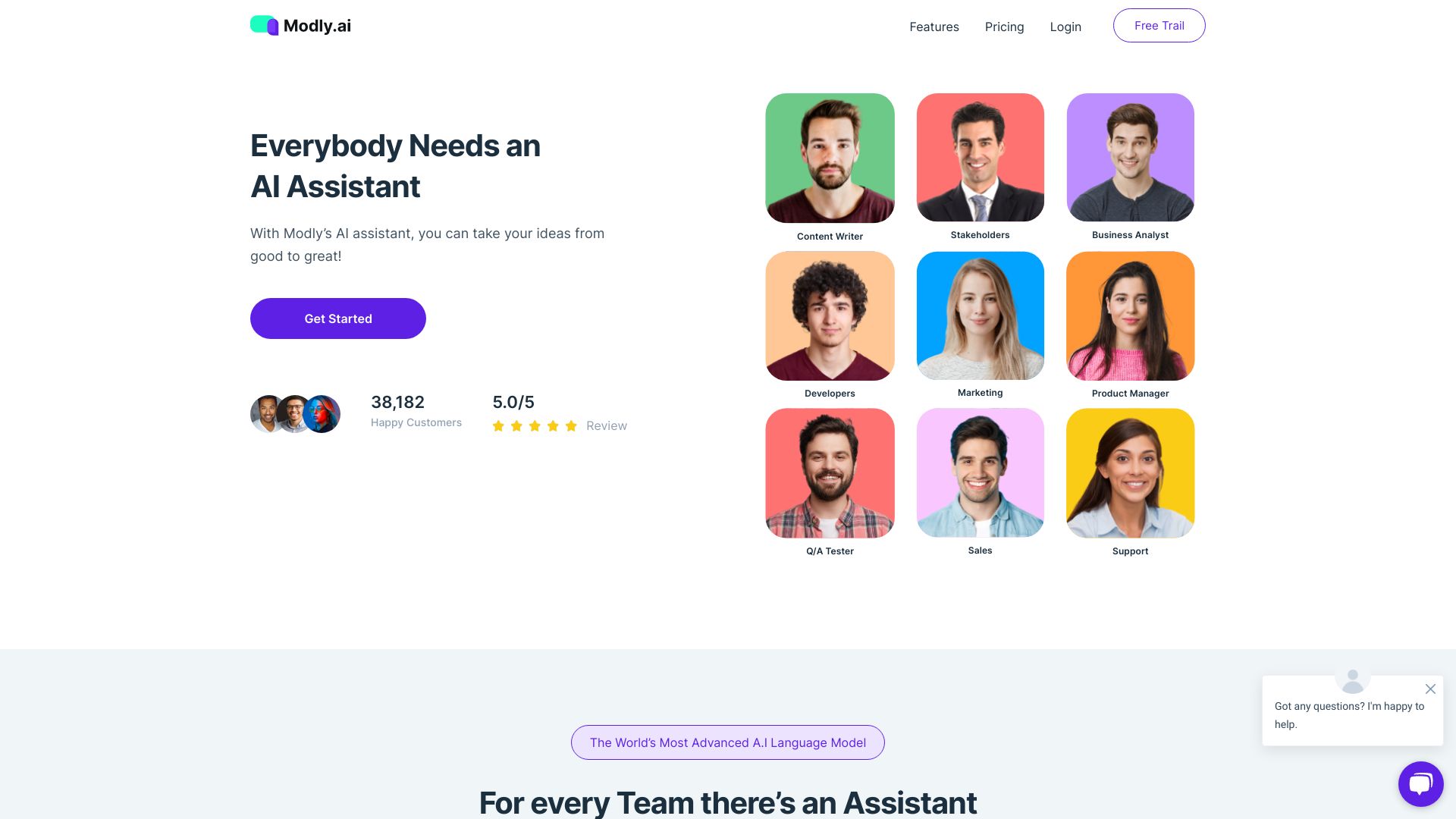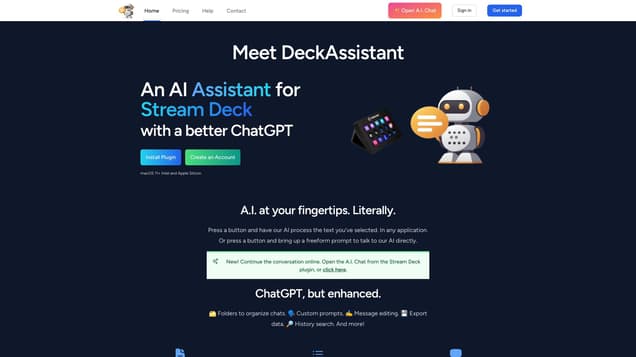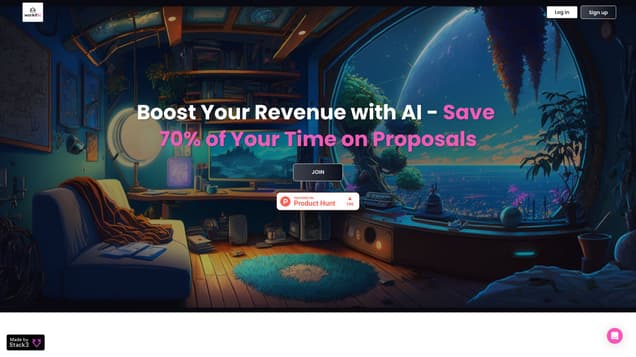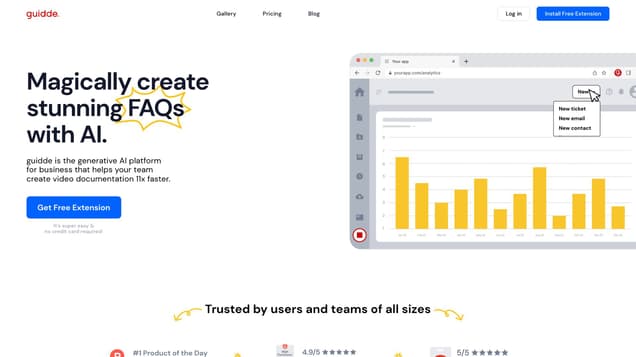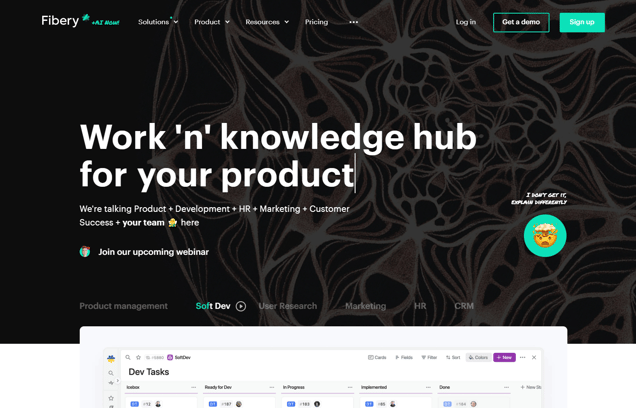
What is Fibery?
Fibery is a versatile workspace solution designed specifically for businesses. It enables the creation of a personalized and interconnected workspace, equipped with a range of valuable features. These include connected databases, customizable views, robust reporting tools, workflow automations, seamless integrations, document management, and collaborative whiteboards. Moreover, Fibery integrates artificial intelligence (AI) capabilities into its platform, enhancing its overall functionality.
Information
- Financing
- $8.30M
- Revenue
- $2.80M
- Language
- English
- Price
- Paid
Freework.ai Spotlight
Display Your Achievement: Get Our Custom-Made Badge to Highlight Your Success on Your Website and Attract More Visitors to Your Solution.
Website traffic
- Monthly visits181.26K
- Avg visit duration00:08:34
- Bounce rate38.85%
- Unique users--
- Total pages views1.18M
Access Top 5 countries
Traffic source
Fibery FQA
- What solutions does Fibery offer for software development?

- What solutions does Fibery offer for digital agencies?

- What solutions does Fibery offer for product management?

- What solutions does Fibery offer for startups?

- What solutions does Fibery offer for template library?

Fibery Use Cases
Collaborate on backlogs, sprints, releases, and development wiki — all in one place. Replace most of your stack with a single tool.
Manage both internal and client work. Track multiple projects, store customer CRM, and manage finances — all in one place.
Aggregate customers feedback from many sources, link feedback to features, make smart decisions about priorities, and invent new ideas together.
Set strategy, connect it to execution, validate ideas, research your market, and do stuff. Stay focused and discover new insights.
Connect structured data (e.g. tables, kanban boards) with unstructured data (e.g. documents) and always stay in context.
Map your processes the way you want by using custom fields, custom databases, and custom relations.
Charts & reports are weak in almost all work management tools. If they're available at all.
Always remain on top of 'Why are we building that?' type of questions.
Break down silos between your departments. Bridge the gap between strategy and execution. Validate ideas, research your market, and get stuff done.
Build processes that are specific to your company's workflow.
Collaborate on backlogs, sprints, releases, and development wiki — all in one place. Replace most of your stack with a single tool.
